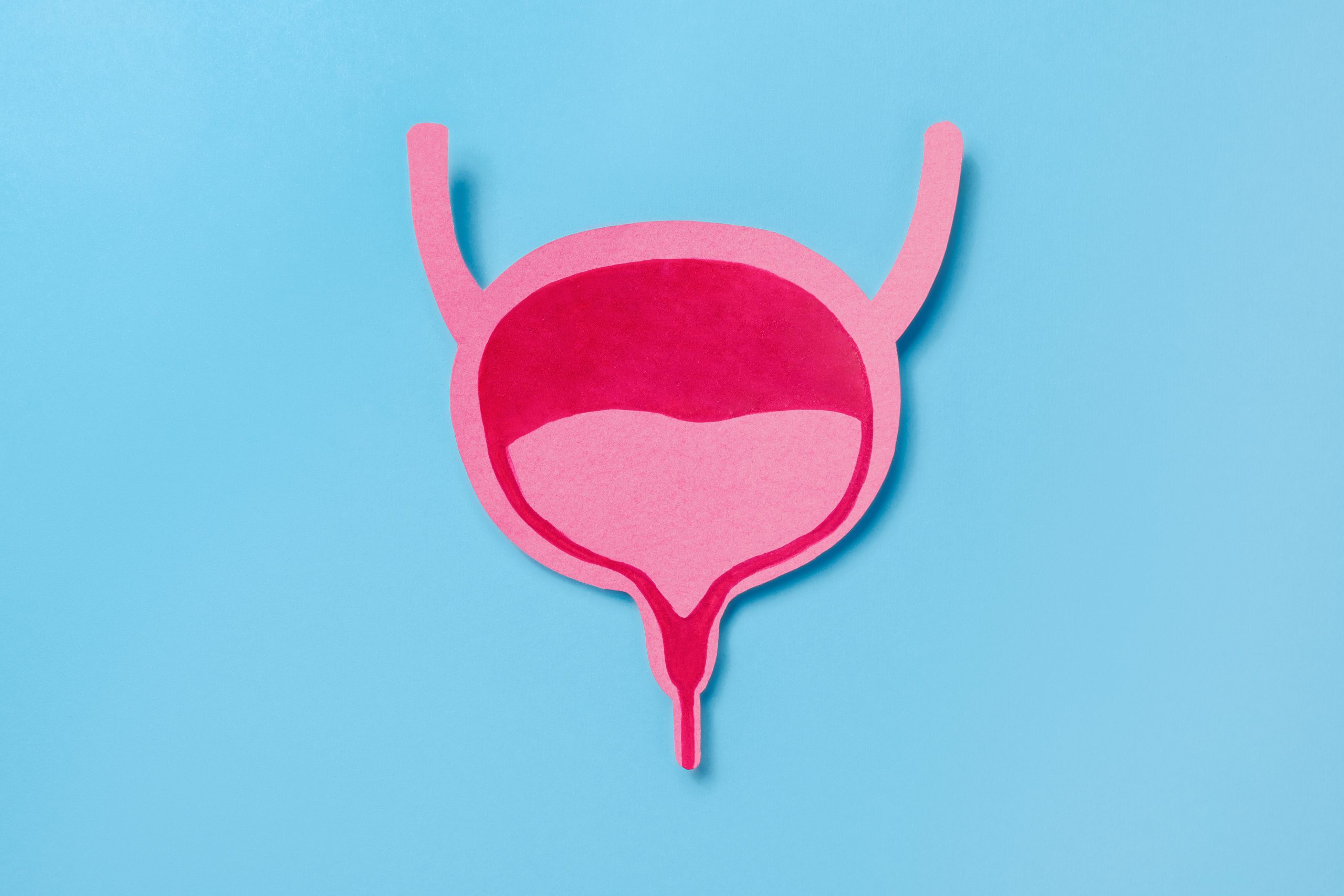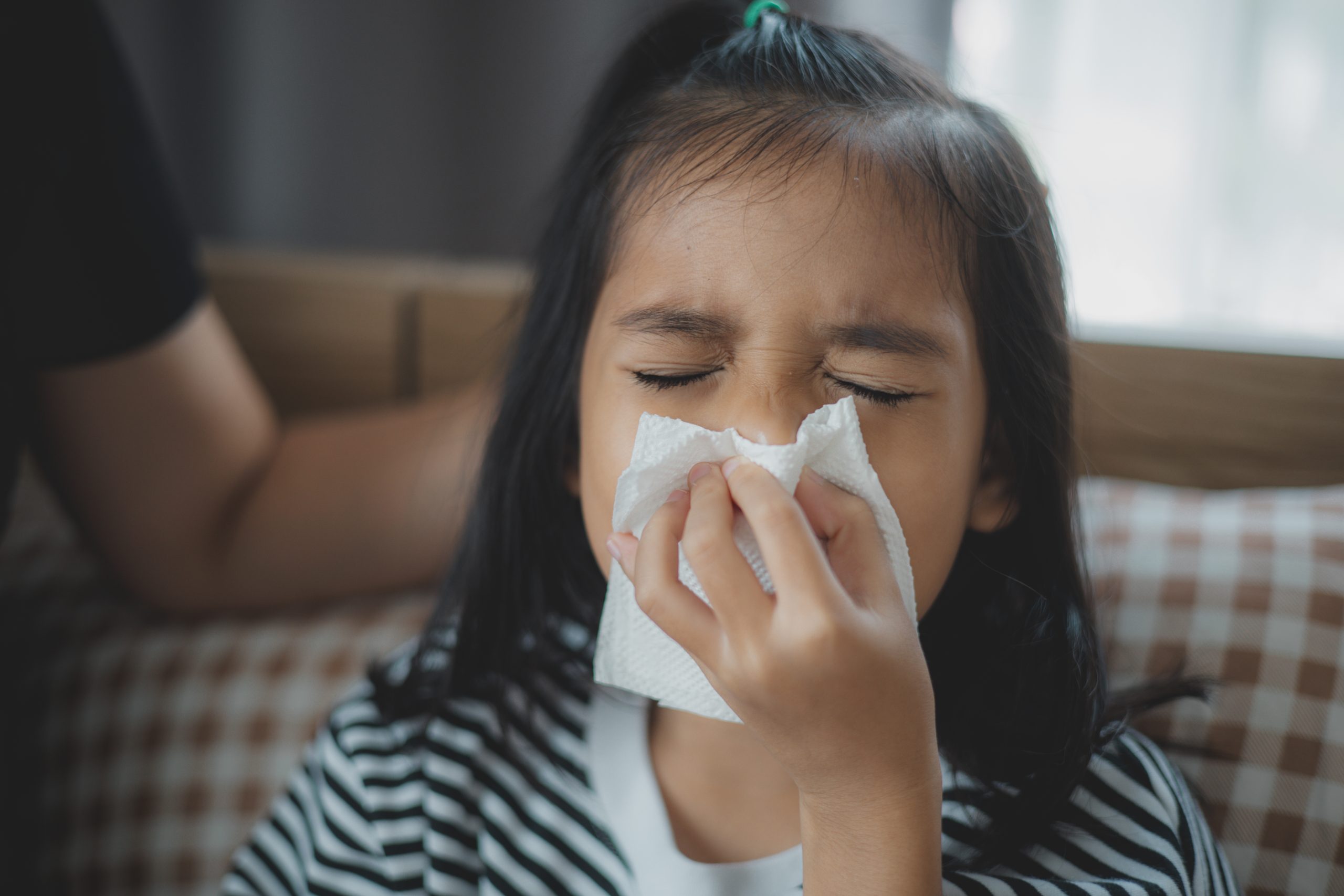Tips to fix vaginal dryness for good.
Sex does not have to hurt.
Pleasurable sex after menopause is within your grasp. Vaginal burning and irritation after sex are not acceptable.
Insertion of the penis should not feel like something is tearing. Penetration should not feel like sandpaper. These are classic symptoms of vaginal dryness and vulvar atrophy. You do not have to live with it.
Painful intercourse, dyspareunia, is a complex issue with many causes. We will focus attention on vaginal dryness, a condition affecting 50–70% of women after menopause. You do not have to ignore vaginal dryness.
Doctors should ask, and patients should speak up
Both doctors and patients have opportunities to change the perception of postmenopausal intercourse pain. Both parties recognize menopausal symptoms like hot flashes. Vaginal pain, vaginal dryness, and sexual issues often get missed or ignored.
Doctors don’t always ask.
Patients don’t always tell.
Both should improve. Doctors and patients must overcome the misconception that the physiological genital changes are an unimportant and unchangeable aspect of aging.
How do I know if I have vulvar-vaginal atrophy
The medical term for postmenopausal dryness is vulvar-vaginal atrophy (VVA). No specific tests are needed. The first step in making the diagnosis is asking the right questions. Symptoms include inadequate lubrication, pain during insertion, post-coital irritation, vaginal burning, or inhibited ability to achieve orgasm. Some may experience frequent urinary tract infections or painful urination after sex. Some may experience discomfort with exercise, especially bike riding.
What causes atrophy?
Estrogen is a hormone produced by the ovaries. Hormone production decrease as one approaches menopause. The ovaries stop producing hormones at menopause. The cells lining the vagina are sensitive to estrogen. Low estrogen decreases blood flow to the vagina. When deprived of estrogen, the cells thin out and provide less moisture.
What causes a drop in estrogen?
- Menopause
- Breastfeeding
- Surgical menopause (removal of the ovaries)
- Medications such as Lupron, antidepressants, and antihistamines
- Chemotherapy and radiation for cancer treatment
What does a lack of estrogen due to the vagina?
The dropping hormone levels cause the tissue lining the vagina to thin and lose elasticity. The labia majora flatten out, the labia minora shrink, and the hymenal remnants retract. The vaginal length may shorten. The vaginal walls narrow and become less elastic and stretchy.
Symptoms of vaginal atrophy
- Sexual discomfort (Dyspareunia: pain, irritation, or bleeding
- Indequate vaginal lubrication during sexual stimulation
- Vaginal dryness
- Frequent bladder infections
- Inhibited ability to achieve orgasm
- Frequent urinary tract infections
- Pain during urination
- Vaginal discomfort with exercise
Slippery when wet

Photo by Skitterphoto
Sexual Lubricants are your best friend
The first step is to invest in a sexual lubricant. Buy a small bottle of a few different brands to test what works for you. Not all lubricants are the same. Most lubricants available at a local pharmacy are water-based. Water-based lubricants are the safest for use with condoms to prevent sexually transmitted infections. They do not break down latex in condoms or sex toys. Water-based lubricants dry out quickly, making them suboptimal for postmenopausal women.
Try a silicone-based lubricant
For monogamous couples at low risk for sexually transmitted infections, a silicone-based lubricant may be more effective and pleasurable. Silicone-based lubricants stay slippery longer avoiding the frustration of rapid drying and messiness of reapplication. Silicone-based lubricants will break down latex condoms or latex in sex toys. Penchant Premier is a great product that comes in tasteful and discreet packaging.
Avoid products with Parabens or Glycerin. These chemicals are irritants for some users. Avoid flavored or heated lubricants at first. Apply lubricant to the vagina, clitoris, and penis before insertion. Make it a part of foreplay. This simple trick can improve sexual pleasure for many postmenopausal women.
Foreplay, foreplay and more foreplay
Communicate your needs to your partner. Many women require more attention to foreplay to achieve stimulation. Better stimulation leads to more natural lubrication and an increase in vaginal elasticity. Your partner may be unaware of the physiological changes with menopause. Do not be afraid to communicate your needs. What worked for both of you in the past may need to change. Do not be afraid to teach your partner. Speak up and communicate your needs. Menopause is an excellent opportunity to talk about sex with your partner and revitalize your relationship.
Take your vagina to the gym
There are a variety of medications that can help treat vulvar vaginal atrophy. Each medication works differently, but all have the same basic effects of bulking up the cells lining the vagina. Bulked up vaginal cells produce more moisture. Lubrication improves, and the vaginal walls avoid trauma during penetration.
Vaginal Estrogen
Menopause leads to a decrease in the production of estrogen by the ovaries. Estrogen can be placed directly into the vagina to bulk up the vaginal cells. A very low dose of estrogen is effective when placed directly in the vagina. The low dose offsets many of the risks associated with the use of estrogen. Vaginal estrogen comes in a variety of forms.
- Estrogen cream (Estrace/Premarin)
- Estrogen tablets (Vagifem)
- Estrogen rings (Estring, Femring)
- Vaginal suppositories (Imvexxy)
DHEA Supplementation
Many women do not want to take estrogen. DHEA hormone is a highly effective alternative. Prasterone, sold under the brand name Intrarosa, uses the hormone DHEA to treat vaginal atrophy. Before menopause, DHEA levels are high. As the ovaries stop functioning, DHEA levels fall. Prasterone is inserted into the vagina once a day. This plant-derived form of DHEA converts into estrogen targeting the underlying cause of dryness. It is FDA indicated for painful intercourse.
Selective estrogen receptor modulators (SERMS)
Ospemifene (Osphena) is the only FDA approved oral drug for vaginal dryness and painful intercourse. It is not estrogen. Osphena works by acting on the hormone receptors directly. Direct targeting of the vaginal tissue increases the thickness of the superficial and parabasal vaginal cells.
Topical Sildenafil
Sildenafil, sold as Viagra, is used to treat erectile dysfunction in men by increasing blood flow to the penis. Some women benefit from the application of a pea-size amount of compounded Sildenafil cream directly to the clitoris before intercourse. Sildenafil cream increases blood flow to the clitoris, which may improve pleasure and help with orgasm. It is not FDA approved for this use.
Vaginal Moisturizers
There are multiple products available over the counter to help increase vaginal moisture. We recommend a locally produced product called Prevleaf Soothe. The basic idea is to prevent dryness and improve the ph balance. While these do not treat the underlying cause of atrophy, they may be useful for day to day use.
Don’t be afraid to speak up about vaginal dryness

Photo by Clément Falize on Unsplash
As we grow older, our bodies change. We do not have to accept all the changes. We use reading glasses as our vision fails. We apply Rogaine for our regressing hairline. We do not have to live with painful sex just because we are aging. There is no cause for shame or embarrassment. Speak up and communicate your needs to your doctor and your partner. You owe it your self to enjoy sex throughout your life.
Thank you Sexography for publishing this article on Medium.
Blog by: Dr. Jeff Livingston
Blog Photo By: Gabriel Matula on Unsplash
The Amazon links used are tied to Amazon.com Proceeds generated are donated to the Irving ISD Teen Parenting program, a drop out prevention program for students who are pregnant or parenting.











